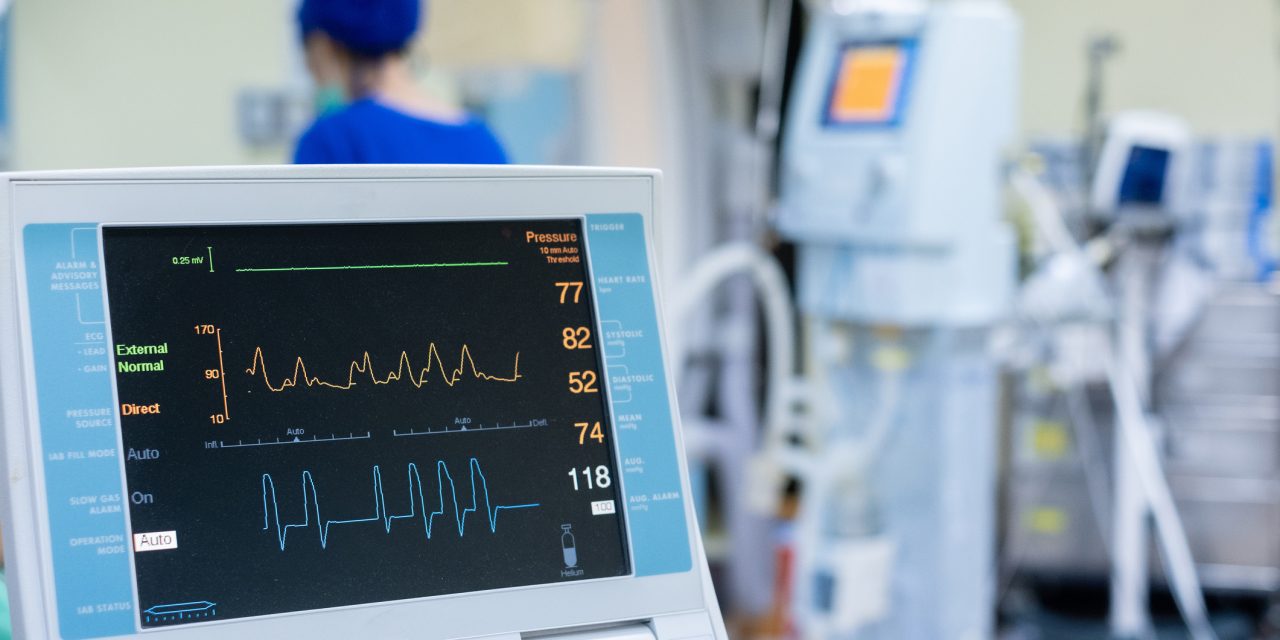The main objective was to assess the performance of the neutrophil-lymphocyte ratio (NLR) for early prediction of delayed neurological impairment and cerebral contusion worsening in patients with mild-to-moderate traumatic brain injury (TBI).
Over a 3-year period, every adult patient triaged to our level 1 trauma center with brain contusion and Glasgow Coma Scale (GCS) of 10 or greater were retrospectively included. The main study outcome was the occurrence of delayed clinical deterioration, defined as a GCS < 10 and/or a secondary need for mechanical ventilation, within 5 days after TBI. The performance of NLR for prediction of delayed clinical deterioration was assessed by receiver operating characteristic (ROC) curve.
Overall, 115 patients were included and 16 (14%) presented a delayed clinical deterioration. Overall, the NLR at ED admission was higher in patients who developed a delayed clinical deterioration (18 [12-29] vs 8 [5-13], p = 0.0003). The area under the ROC curves for NLR at ED admission in predicting delayed clinical deterioration was 0.79 [0.65-0.93] and NLR > 15 was found to be independently associated with the occurrence of delayed clinical deterioration (adjusted OR = 10.1 [95%CI: 2.3-45.6]).
The NLR at ED admission was independently associated with the occurrence of delayed clinical deterioration, although limited by a poor discriminative value by itself. Further studies are needed to test the predictive value of composite scoring systems including NLR for prevention of under-triage of patients with mild-to-moderate TBI.
Copyright © 2021. Published by Elsevier Inc.
Ability of neutrophil-to-lymphocyte ratio to predict secondary neurological impairment in patients with mild to moderate head injury. A retrospective study.


